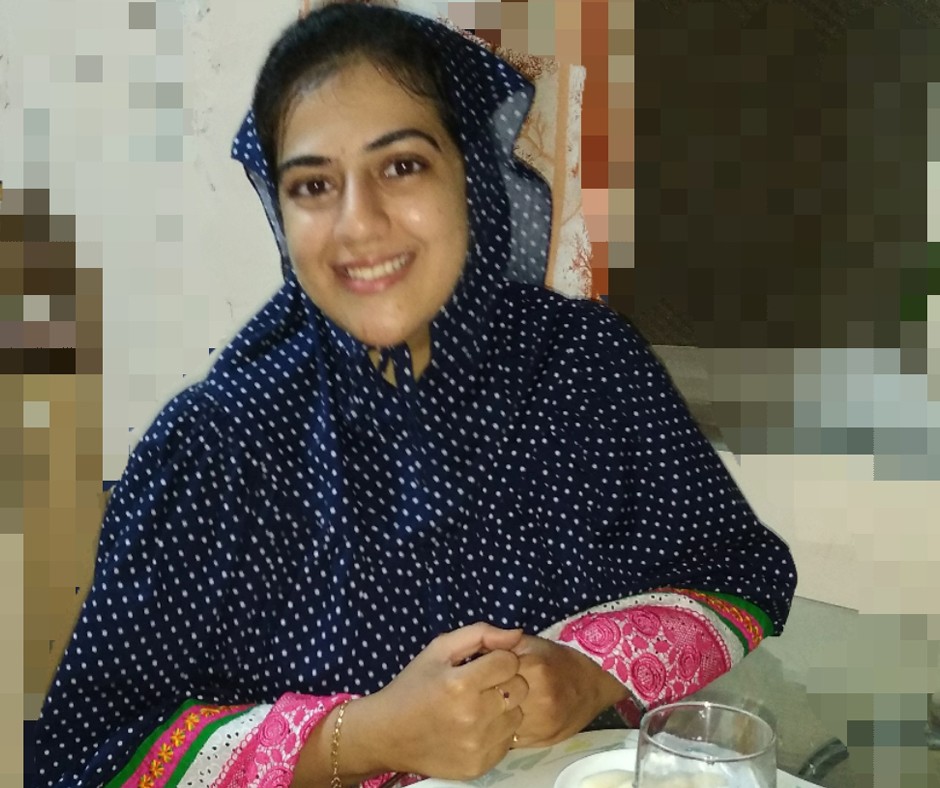
Dawoodi Bohra cuisine is in many ways a physical manifestation of our community’s historic journey, adopting strong elements of Arabic, Gujarati, Persian, and Yemeni cuisines. One could almost say that it is a melting pot, that brings together some of the most exceptional and delicious recipes and spices that the world has to offer, and adding to them its own distinct style. This has, over generations of cultural enrichment, resulted in a cuisine that inspires passion and wonder into all those get even a whiff of these aromatic dishes.
In Dawoodi Bohra culture, a meal is more than that a means for sustenance. It is, like our faith itself, a very fundamental pillar of the community. And it’s one that’s extremely adaptive as well. In a world where people’s consciousness about healthy eating is on the rise, many in our community have devised clever twists for traditional recipes, that make them appealing to the calorie conscious, but are every bit as wholesome and tasty as the original.
We spoke to Alifiya Bhol, a young nutritionist from Mumbai who introduced us to some truly ingenious ways to make traditional Dawoodi Bohra dishes healthy, without ever having to compromise on the taste. Here are some simple twists to old classics that will make your Iftar a truly flavourful experience:
Kheer
The significance of desserts in Dawoodi Bohra cuisine is quite unlike any other. While practically all cultures start their meals with savoury foods and conclude them with sweets, a traditional Dawoodi Bohra meal begins on a sweet note, before moving on to savoury dishes. Perhaps one of the most well-known of sweets is Kheer, which is a pudding, traditionally made using rice, milk, and nutmeg. A healthier way to prepare this simple item would be to replace the rice with bulgar (daliya) and instead of using sugar as a sweetener, use either honey or pomegranate juice. While traditionally, Kheer is made from buffalo milk, this can easily be substituted with cow’s milk, which is healthier.
Shammi Kebab
Shammi Kebabs are a popular staple at any Iftar. They’re essentially minced mutton kebabs flavoured with spices such as cardamom, cinnamon, and turmeric, and in Dawoodi Bohra cuisine are severed primarily as a starter. While there’s no doubt that Shammi Kebabs are a mouth-watering delicacy, there are a few ways to adapt them to suit a more health conscious lifestyle. For starters, the minced mutton could be replaced with chicken, owing to the fact that it has lower cholesterol. Boiled, mashed vegetables such as carrots, cauliflower, and peas should be included to the dish so as to improve its fibre content. Instead of frying the kebabs in oil, as is tradition, they should ideally be grilled, thus making them both healthy as well as delicious.
Mutton Korma
Mutton Korma has its origins in Mughlai cuisine and is highly infused with spices, making it a tantalising delight. A healthy preparation of this classic would involve replacing the thickening agent i.e. corn flour or maida, with wheat flour and reducing the amount of oil that’s used in preparation.
Dawoodi Bohri Biryani
The traditional Dawoodi Bohra preparation of biryani tends to be far less pungent than its Mughali counterparts, with its own unique blend of spices, making the flavours comparatively far more nuanced. It also lacks the intense colours that one may find in Mughlai biriyani because Dawoodi Bohra cuisine in general tends to discourage the use of artificial colours. As far as preparing health alternatives of a food item without causing it to lose it essence go, biriyani is a challenging dish to tackle; but not impossible.
For starters, one could replace the fried onions with sautéed onion paste because that greatly reduces the amount of oil required for preparation. Mutton, although a signature feature of the dish should be ideally replaced with chicken, which tends to have lower levels of cholesterol. These two simple changes will not seriously impact the taste of the biryani, and instead preserve what makes it special, while still keeping the dish a viable option for people looking to eat healthy.
Roza can take its toll on a person’s body, which is why it is important to make sure that prior to commencing one’s fast they eat fair portions of proteins (eggs and meat), fats (milk), and carbohydrates (wheat flakes, oats, muesli) to get them through the day. Upon breaking one’s fast, it is advisable to consume a small portion of fresh fruits and nuts before commencing with other dishes for Iftar. While milkshakes and biscuits are both fairly popular for this purpose, fruits and nuts tend to be far more effective at raising one’s blood sugar levels quickly. Looking after one’s health is not as difficult as it is perceived; one just needs to take a step towards the change.